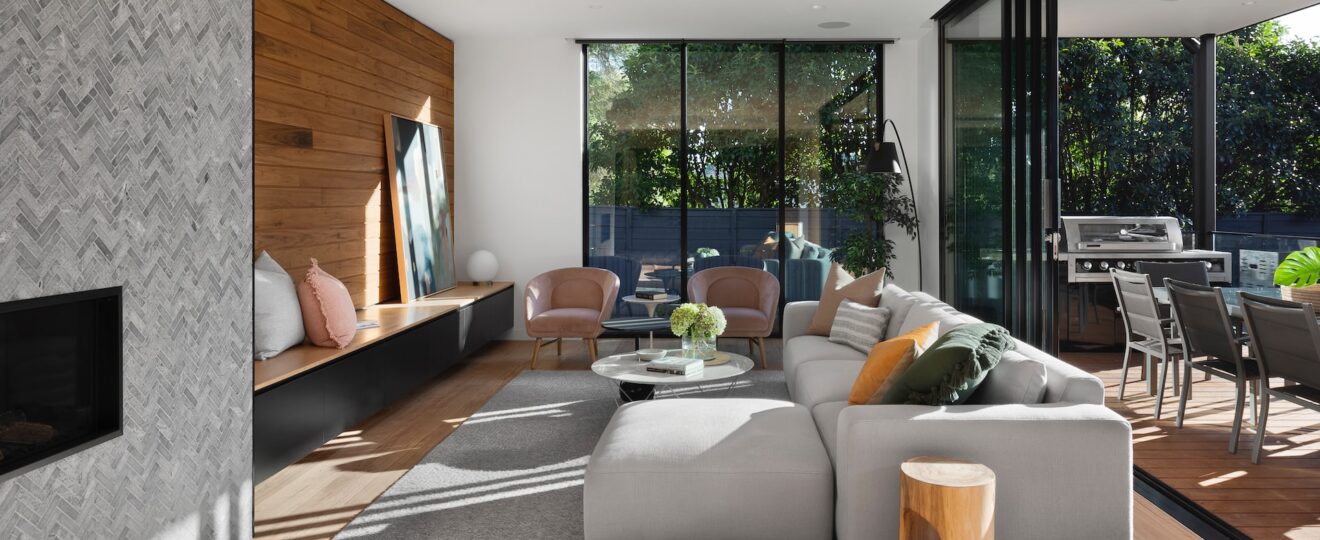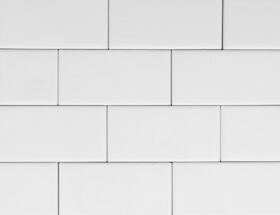Gyprock is a highly flexible and versatile building material. Besides the construction capabilities that it offers, there is a wide range of repair options as well. The material also provides faster installation.
Gyprock can be used for a wide range of applications on your property. Find out what this material is and its uses.
What is Gyprock?
Gyprock is made up of a naturally-occurring soft mineral known as gypsum. Gypsum is made up of calcium sulphate dihydrate. Whilst pure gypsum is white, it can be yellow, pink, grey, or brown based on the impurities it contains.
Gyprock has many purposes. It can provide additional thermal and acoustic insulation, thus improving the range of applications that are otherwise available with plaster. Using it can make it easy for you to subdivide rooms or replace or repair existing walls quickly.
Applications of Gyprock
When professionally installed by a licensed and experienced gyprocker near me, this material can be used almost anywhere indoors.
As mentioned above, it is a highly versatile material and can be used in a wide range of installations. This includes:
- Walls & ceilings
- Cornices
- Bulkheads
- Decorative panelling in entranceways & hallways
- Multi-board installations
- Soundproof plasterboard
Key Properties of Gyprock
In order to understand the versatile applications of gyprock, it is important to know its properties. This includes:
Fire-Resistance
The material has a non-combustible core. It will slow down the transfer of heat and fire through the release of chemically bound water.
- It has a low smoke density
- It has a low flame spread index
- It works as a heat-insulation barrier
- It is non-combustible under the National Construction Code (NCC)
Mould & Moisture Resistant
Wet area gyprock has a unique coating that protects against moisture and mould. It has special ingredients that minimise moisture absorption. This makes the material suited for installation in wet areas including the kitchen and bathroom.
Sound Insulation
Gyprock has sound insulation properties and helps minimise the transmission of sound. Your gyprocker sydney can help you choose specially-designed plasterboard with a higher-density core for further reducing sound transmission.
Speed of Installation
Another advantage of using this material is the convenience and speed of installation that it provides. It is a lightweight material and is easy to handle. On the other hand, hard plaster, which is used in masonry work is heavier and takes longer to install. Since it is a wet trade, it could lead to the creation of more mess.
Cost-Effective
The materials used in making gyprock are readily available. The cost of gyprock products is lower than most other wall material options. Its durability further brings down the cost of ownership by minimising maintenance costs. Its insulation properties further help improve your home or office’s energy efficiency, thus contributing to cost savings on energy bills.
All these benefits of Gyprock translate into a wide range of applications. It is also a sustainable material and can be used in both residential and commercial environments. Besides, it is worth knowing that gypsum is a safe and non-toxic material, even in powdered form. It is also used in making medicines, cosmetics, and paints.










